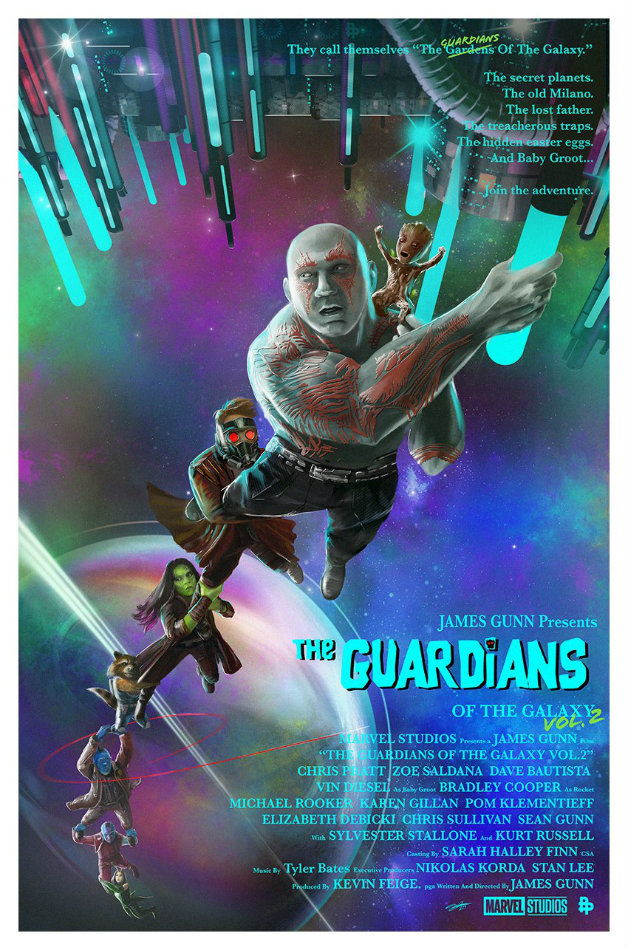ROBERT SIEGEL, HOST:
President Trump is promising great things from this health care bill. He said it would lower premiums, increase competition and protect people with preexisting conditions beautifully, as he put it. Well, joining us to talk about what exactly the bill would do is NPR health policy correspondent Alison Kodjak. Good to see you.
ALISON KODJAK, BYLINE: Good to see you, too, Robert.
SIEGEL: The president promised an awful lot here. Can he deliver?
KODJAK: Well, probably not with this bill as it stands now. The basics of the bill are very similar to what they were in March when they didn’t pass in the House. And at that time, the Congressional Budget Office, which determines how much the bill costs, said that it could end up with 24 million fewer people having insurance after 10 years than would under the Affordable Care Act. And in addition, the way this bill is written – people’s benefits could also deteriorate.
SIEGEL: This bill is an update of the American Health Care Act that was proposed by Speaker Ryan and the White House a few weeks ago. Remind us what’s in it.
KODJAK: Yeah, so the bill first of all gets rid of the individual mandate, which is the thing that most Republicans hate most about the – about Obamacare – is that it requires people to buy insurance or pay a fine. It replaces the income-based subsidies that Obamacare has in place to help people buy insurance with age-based tax credits. And that means that lower-income people might get a little less help buying insurance, and higher-income people may get a little bit more. It also requires people to keep their coverage constantly, and if they drop their coverage, they’ll have to pay a big penalty to buy into the insurance system again. That’s a way of keeping healthy people in.
SIEGEL: It’s awfully close to the individual mandate, actually.
KODJAK: Very similar, yes. And then the last thing it does is it rolls back the expansion of Medicaid over time so that people who now got Medicaid under the Affordable Care Act may lose it over the next few years.
SIEGEL: Well, if so much in the new bill is the same as in that bill, why is the White House more optimistic about the current bill’s chance of passage?
KODJAK: Well, in the old bill, no one was really happy because the conservatives – they thought it kept too much of Obamacare. The more moderate Republicans thought too many people would lose insurance. So this was a deal to try to bring them together. And so what it ended up doing was sort of splitting the baby.
It allows states to opt out of the federal regulations by getting a waiver and so that they can offer insurance plans with fewer benefits and also get rid of protections for people with preexisting conditions. It allows insurance companies to charge them more or not cover them. But if they were to do that, then the states would have to come up with another plan that would cover those people. Most people think that they would go with high-risk pools, which is a way for the state to backstop the cost of their higher-cost patients so that they get that their coverage.
SIEGEL: Using public tax funds, in effect…
KODJAK: Yeah.
SIEGEL: …To pick up where the insurance company can no longer pay. If this were to become law and states were permitted to opt out of federal regulations and not offer all of the services that Obamacare mandated, would companies in those states be able to sell health insurance across state lines? Would that be a back door to deregulating all health insurance?
KODJAK: No, they don’t have that specifically in this bill – the across state lines. What they do have is this ability to waive the essential health benefits. They don’t have to include as many benefits in the policy. And that they can also get rid of what’s called community rating, which means they can charge people more based on their health status rather than just charge them based on where they live and their age.
SIEGEL: During the earlier debate in March, a lot of lawmakers were worried about people who gained coverage under the Medicaid expansion as part of Obamacare losing it. Do any of the changes in this bill address Medicaid?
KODJAK: Not the newer changes. The bill pretty much stands as it did in March, which means that there’s going to be an eventual rollback of the expansion of Medicaid, and millions of people could lose their coverage – their Medicaid coverage, which has a lot of more moderate Republicans worried.
SIEGEL: NPR’s Alison Kodjak, Thanks.
KODJAK: Thank you.
(SOUNDBITE OF SHARON JONES AND THE DAP-KINGS SONG “LET THEM KNOCK”)
Copyright © 2017 NPR. All rights reserved. Visit our website terms of use and permissions pages at www.npr.org for further information.
NPR transcripts are created on a rush deadline by Verb8tm, Inc., an NPR contractor, and produced using a proprietary transcription process developed with NPR. This text may not be in its final form and may be updated or revised in the future. Accuracy and availability may vary. The authoritative record of NPR’s programming is the audio record.




